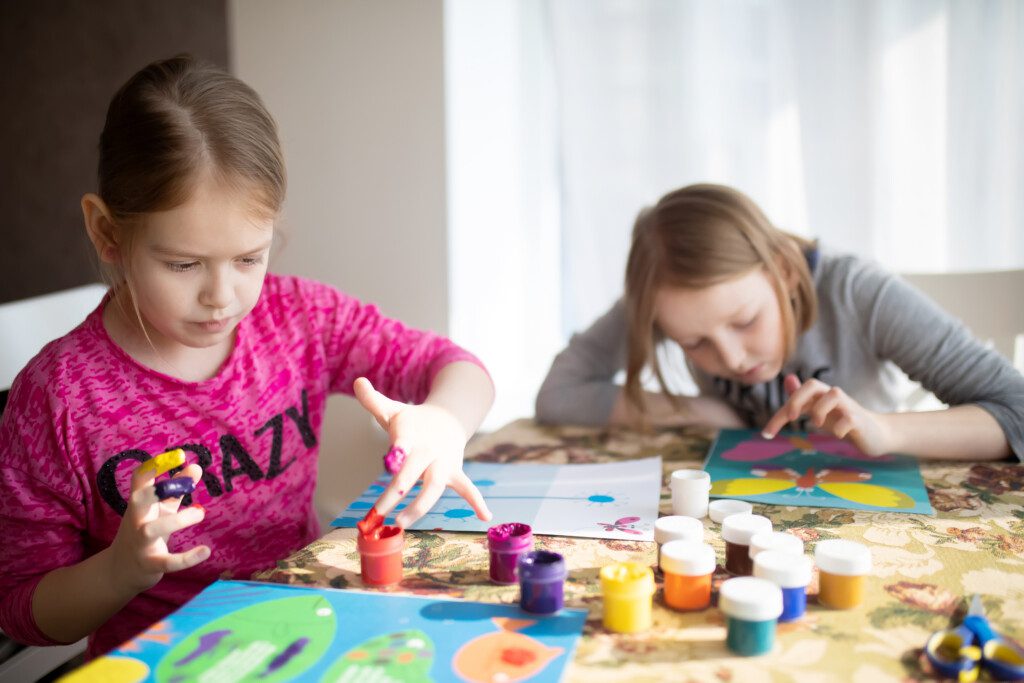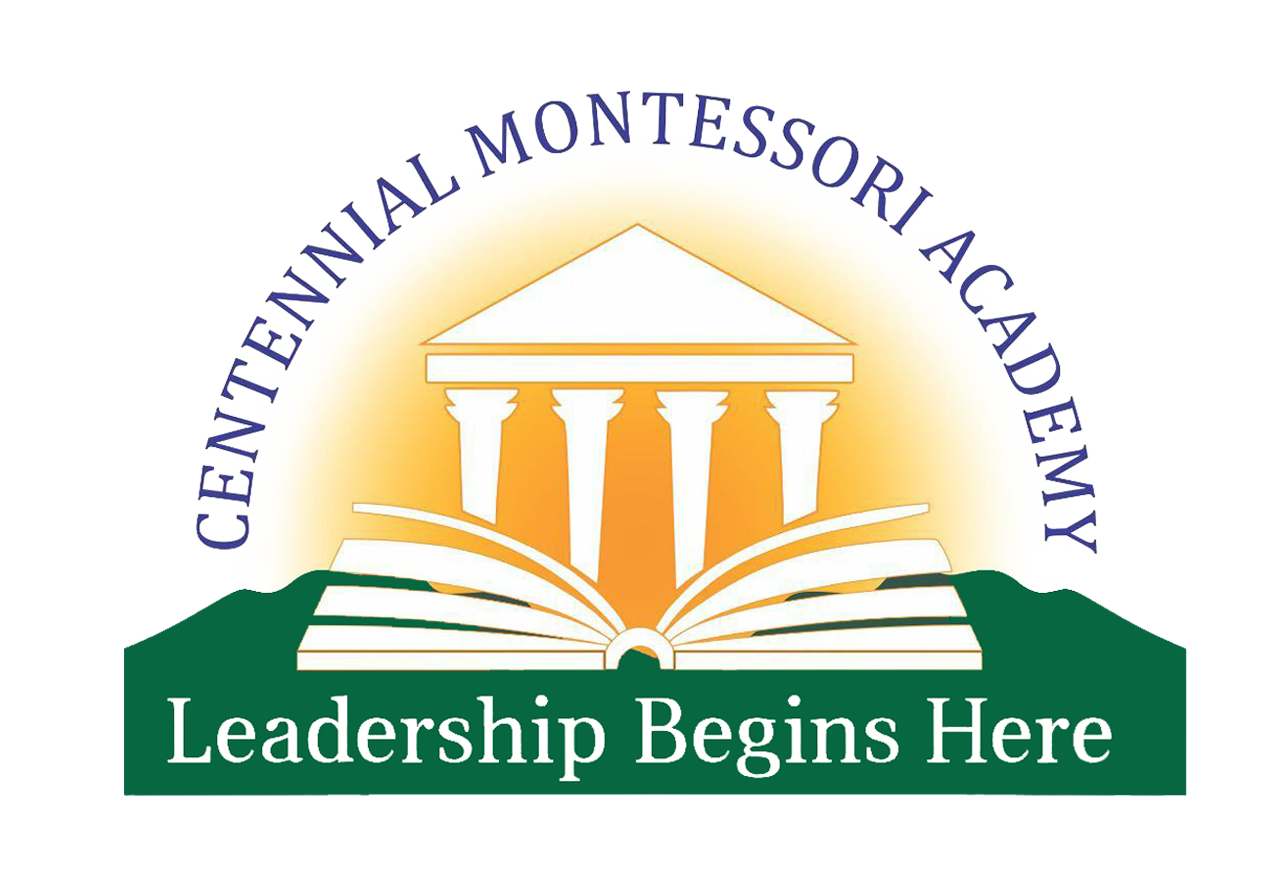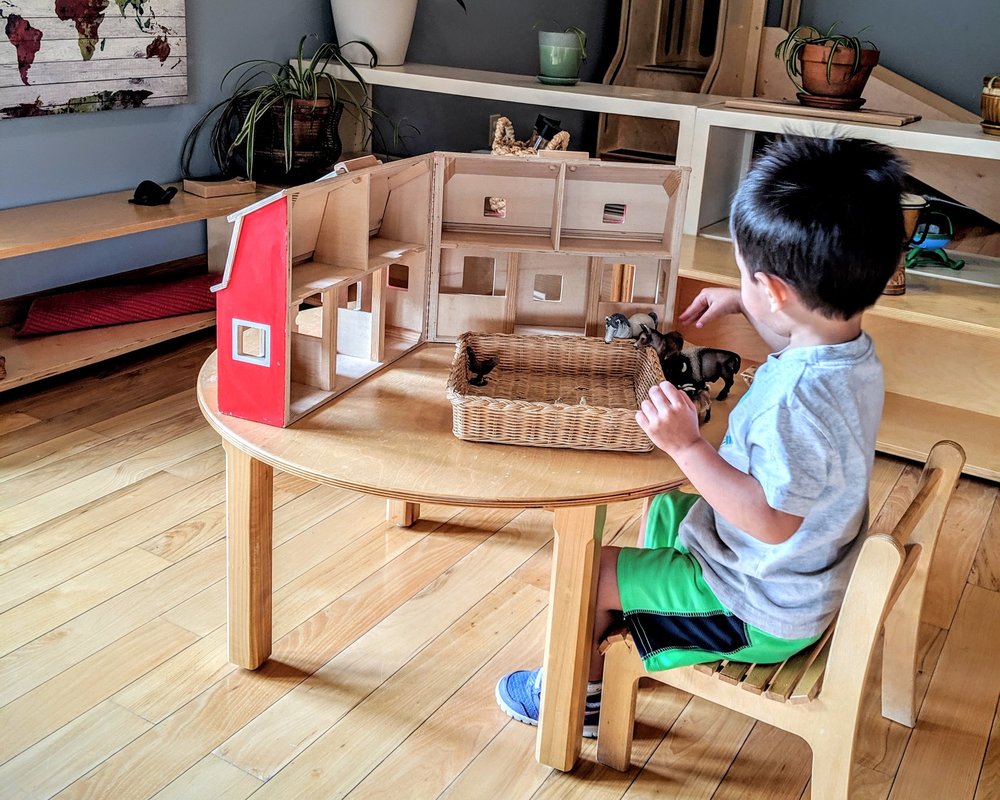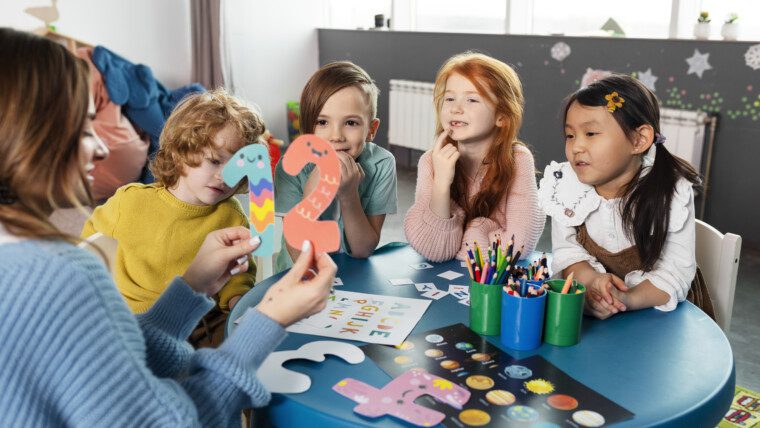When it comes to choosing the right educational path for their children, parents today are faced with a myriad of options. One of the ongoing debates in the education sector is the comparison between Montessori schools and Traditional schooling systems. Let’s delve into the distinctive features of each and shed light on why an increasing number of parents are opting for Montessori education for their children.
Montessori schools operate on a fundamentally different approach compared to Traditional schools. In Montessori classrooms, children are encouraged to learn at their own pace and follow their natural curiosity. The environment is designed to foster independence, creativity, and critical thinking skills. Unlike traditional schools that often rely on standardized curriculum and teacher-led instruction, Montessori education emphasizes hands-on learning experiences and self-directed exploration.

One of the key benefits of Montessori education is its focus on individualized learning. Children are given the freedom to choose activities that align with their interests and abilities, allowing them to develop a deep sense of autonomy and self-confidence. This personalized approach helps students discover their unique strengths and talents while fostering a lifelong love for learning.
Moreover, Montessori classrooms promote social collaboration and peer-to-peer teaching, creating a sense of community among students. By working in multi-age groups, children learn from one another and develop valuable communication and leadership skills. This collaborative environment nurtures empathy, respect for others’ perspectives, and a strong sense of belonging.
Many parents are drawn to Montessori education because of its holistic approach to child development. The emphasis on cultivating not just academic knowledge but also emotional intelligence, social skills, and practical life skills sets Montessori apart from traditional schooling systems. Parents appreciate that this well-rounded education equips their children with essential life skills that go beyond academic achievements.
In conclusion, while both Montessori schools and traditional schooling have their merits, the growing popularity of Montessori education underscores its effectiveness in nurturing well-rounded individuals equipped for success in an ever-changing world. By prioritizing individualized learning, fostering independence and creativity, promoting social collaboration, and emphasizing holistic development, Montessori schools offer a compelling educational alternative that resonates with many modern parents seeking a comprehensive approach to their children’s growth and learning journey.





